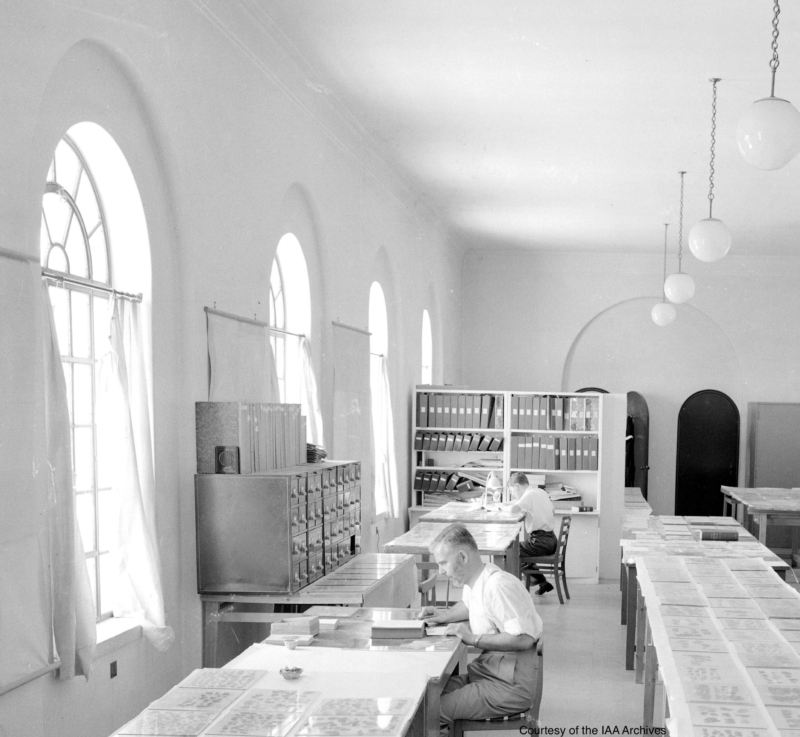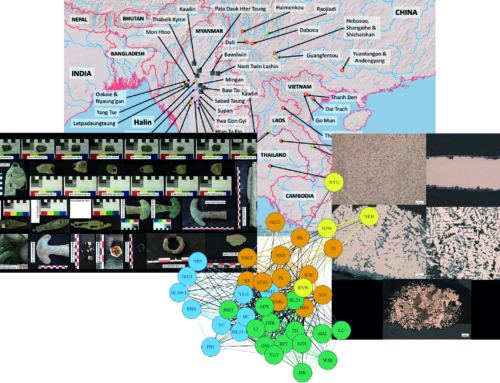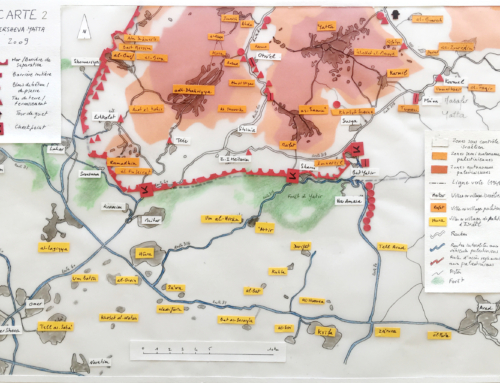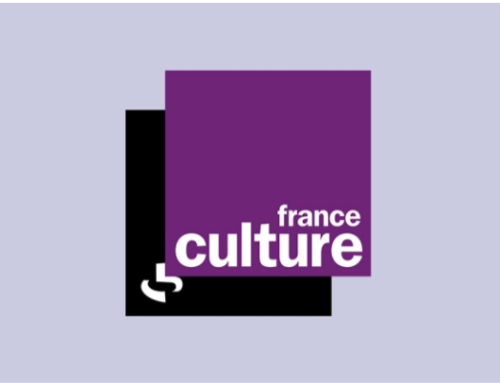Call for papers
Various projects and studies across the world have drawn attention to the rich nature and multiplicity of archaeological archives and their importance for the writing of the history of archaeology. The Archives of European Archaeology (AERA) project launched in 1998 represented a major advance because it offered, over a large geographical scale, a first methodological and theoretical understanding of the diversity of the records produced while archaeology is in the making. Finally, given that archaeological archives are always the product of men and women who played roles in the discipline in specific and concrete contexts, these archives are clearly relevant and valuable to a wide range of historical inquiries beyond the study of archaeology itself.
Jerusalem has long attracted institutions and archaeologists from around the world, who were motivated primarily by a desire to explore the Holy Land. This led to the establishment of several schools, institutes, archaeological collections and museums in the city. Furthermore, archaeology operated within administrations, which were established by successive authorities governing Palestine, Israel and Jordan since the late XIXth century. Therefore, the documents produced by these administrations, institutions and archaeologists over time are international in scope and are written in various languages. They are equally diverse in nature, including of course scientific documents but also personal correspondence, diaries, administrative and government records. However, the heterogeneity of these institutions and their actors has consequently led to the fragmentation of archaeological records across the city. Therefore, it is necessary to include various archival centers which are not directly related to the discipline. Again, these records not only have the potential to teach us about the developments of the discipline but also about the role of external figures and institutions in the shaping and preservation of archaeological heritage, the establishment of museums in Jerusalem, and the planning of tourism. Altogether, these archives shed a light on how archaeology interacts with society and politics.
While some work has been done on the history of archaeology in Jerusalem, including some archival research, the valuable resources located in Jerusalem remain underexploited. In order to improve our knowledge of archaeological archives located in the city, this workshop seeks to bring together students and researchers from various fields, who have worked with these documents for different purposes. This workshop intends to explore and define what are the archaeological records located in Jerusalem through a description of archival holdings. While addressing the specificity and logic of every archival collection, the workshop aims to answer questions regarding the nature of these documents and how they can be understood and used. These observations will allow us to determine how archives can participate in a renewed history of archaeology in Jerusalem.
The workshop is organized by the French Research Center in Jerusalem. It will take place on the 30th of May 2019 at the French Research Center, Shimshon St. 3, Baka, Jerusalem.
To submit an abstract: Please send a 300 words proposal with a short biography (45 words maximum) (in PDF format) to this email archiveworkshopjerusalem@gmail.com before the 1st of March 2019. Accepted presentations will be notified on April 1st, 2019.
Length of presentations: 15 minutes Languages: English / French
Workshop Organizer:
Chloe Rosner, PhD Candidate
Center for History, Sciences Po, Paris / Sophie Kessler-Mesguich Scholarship Holder – FMS/FJF
Associate member of the CRFJ












